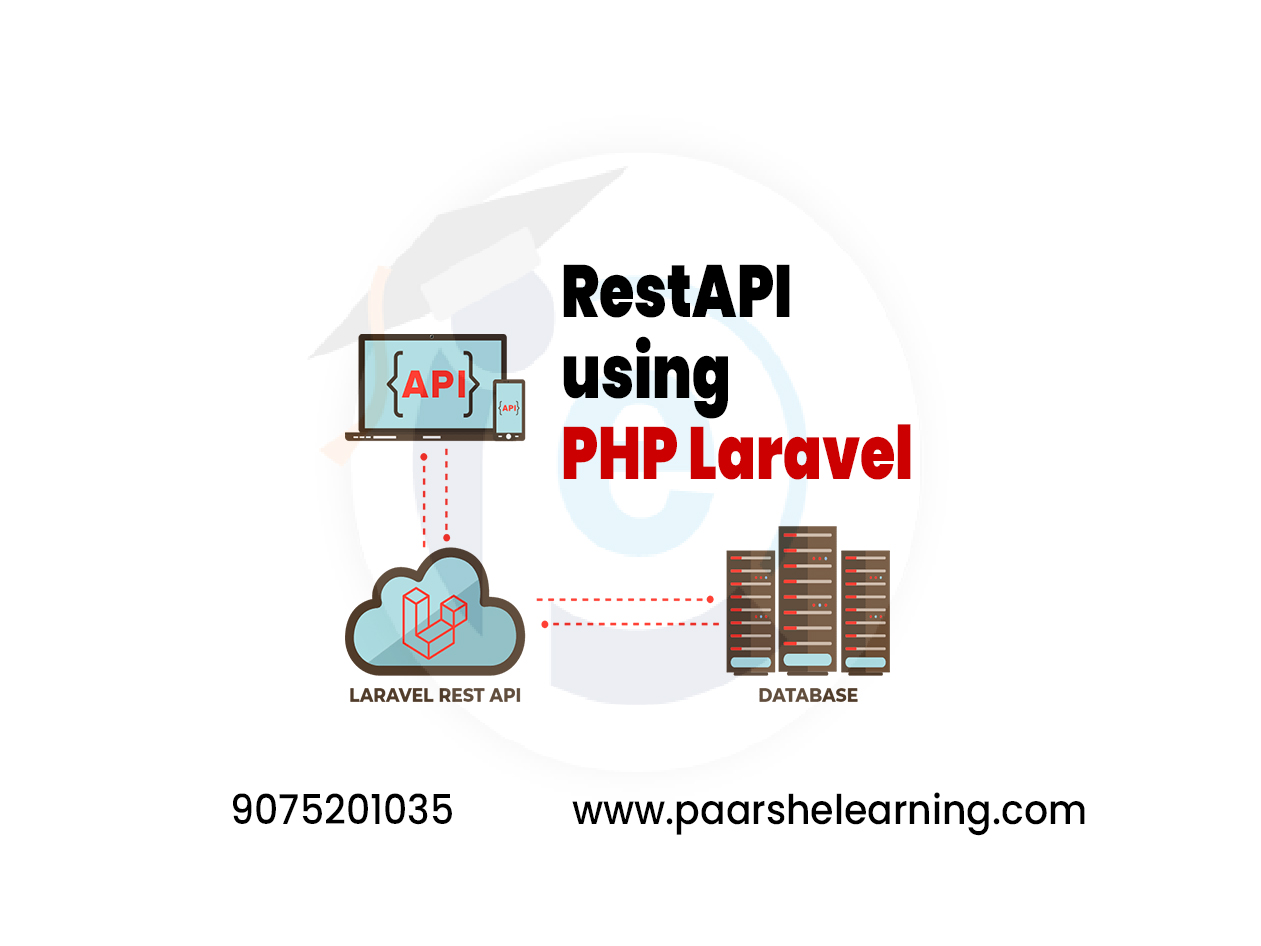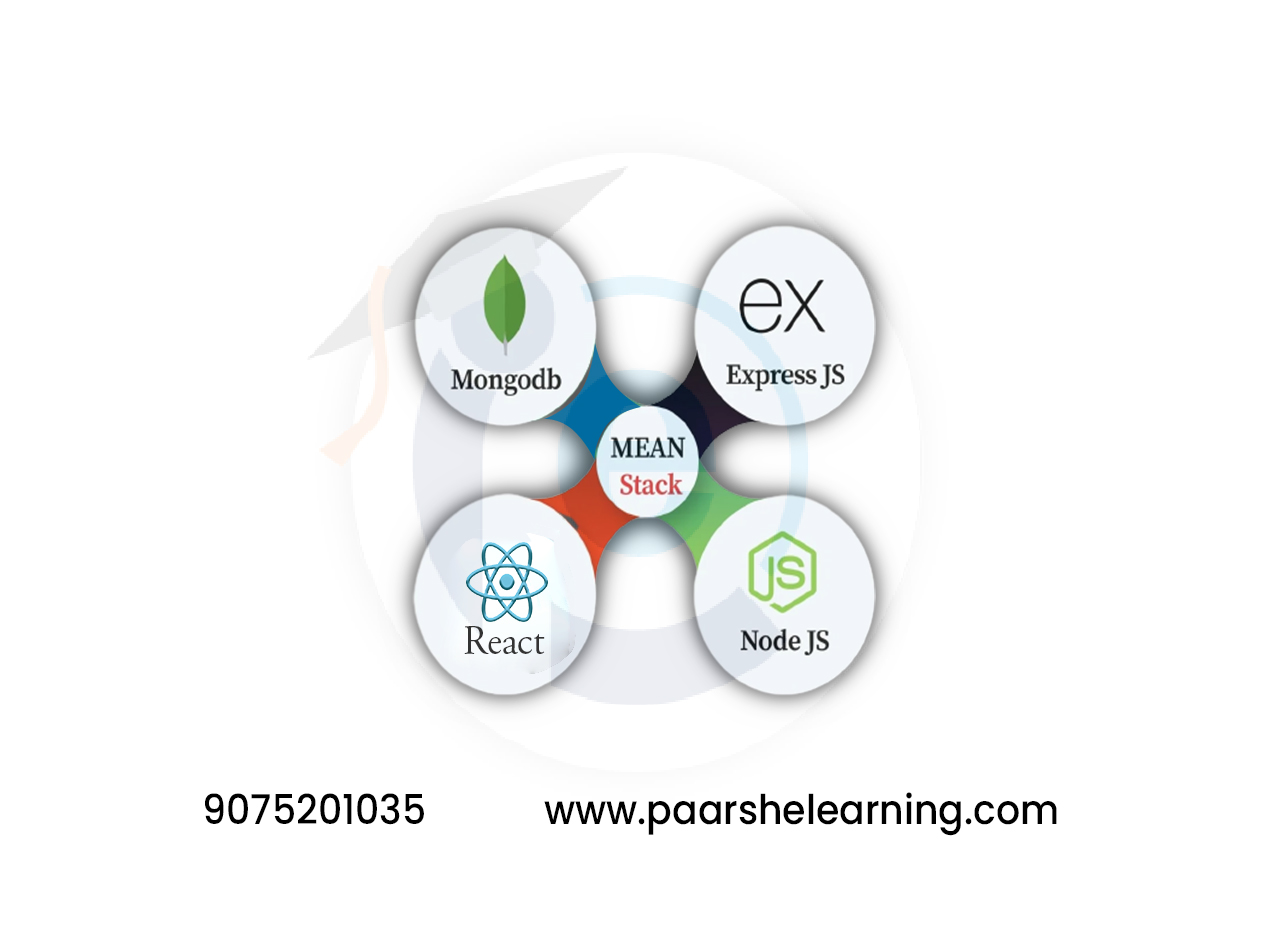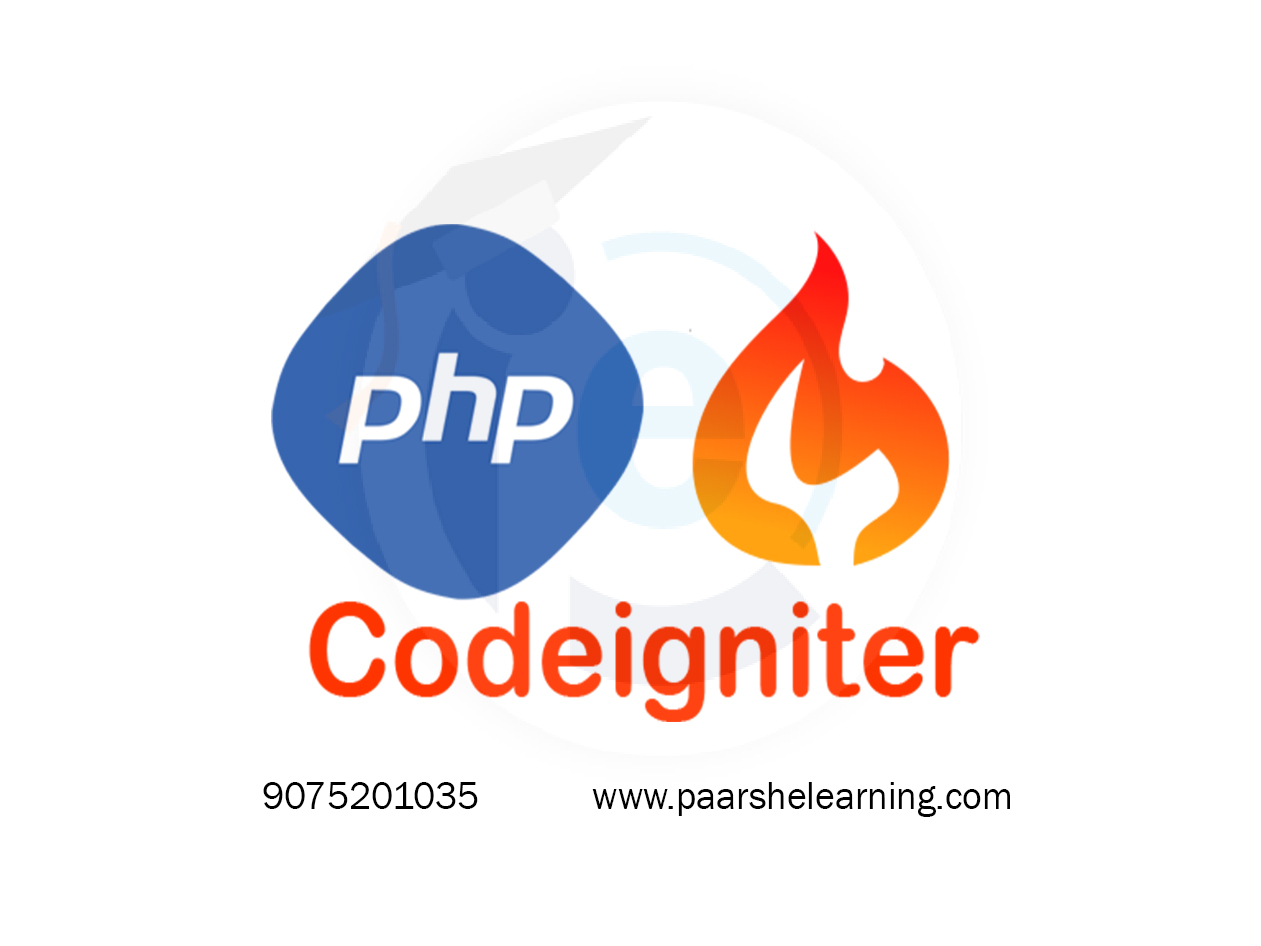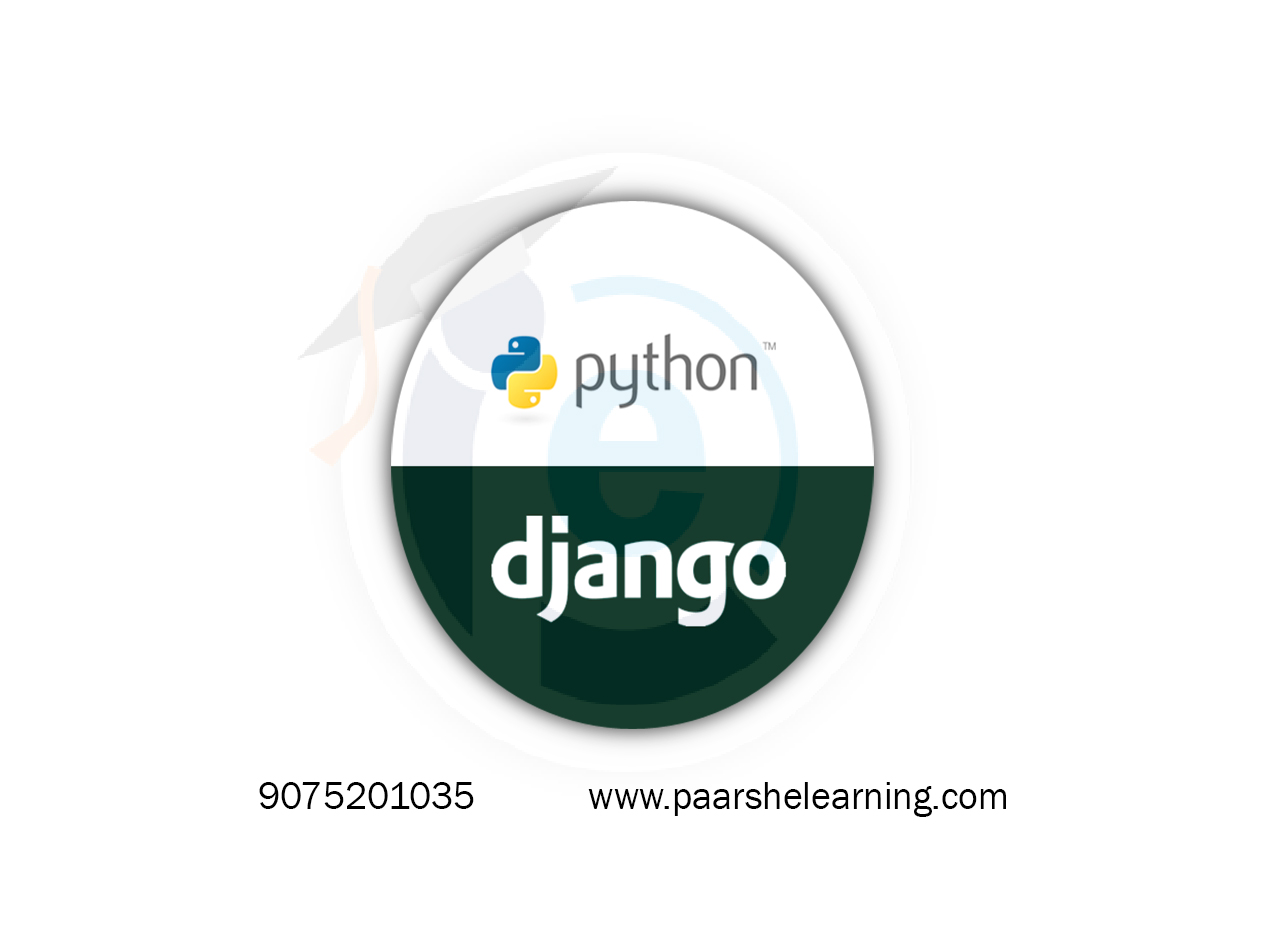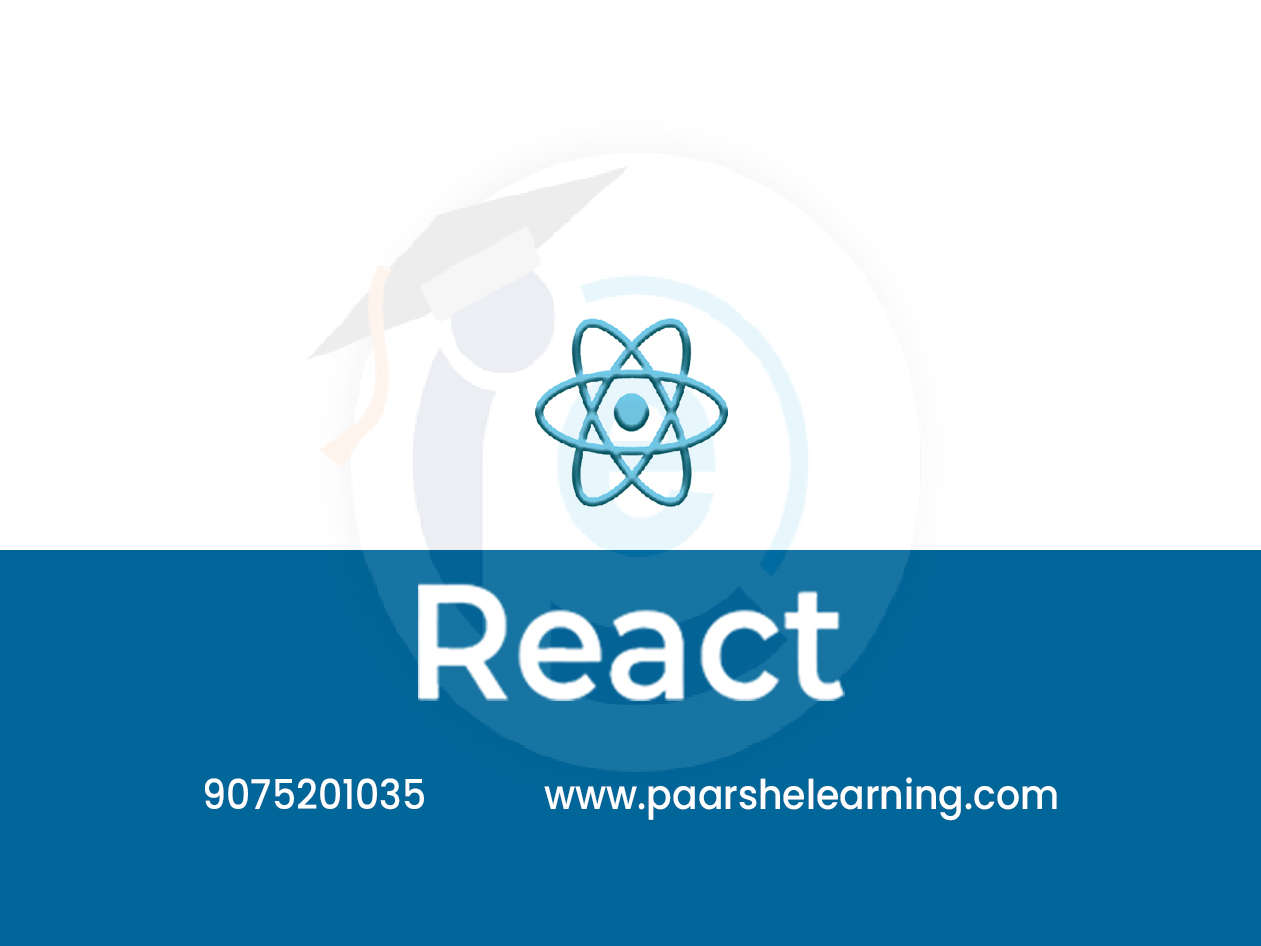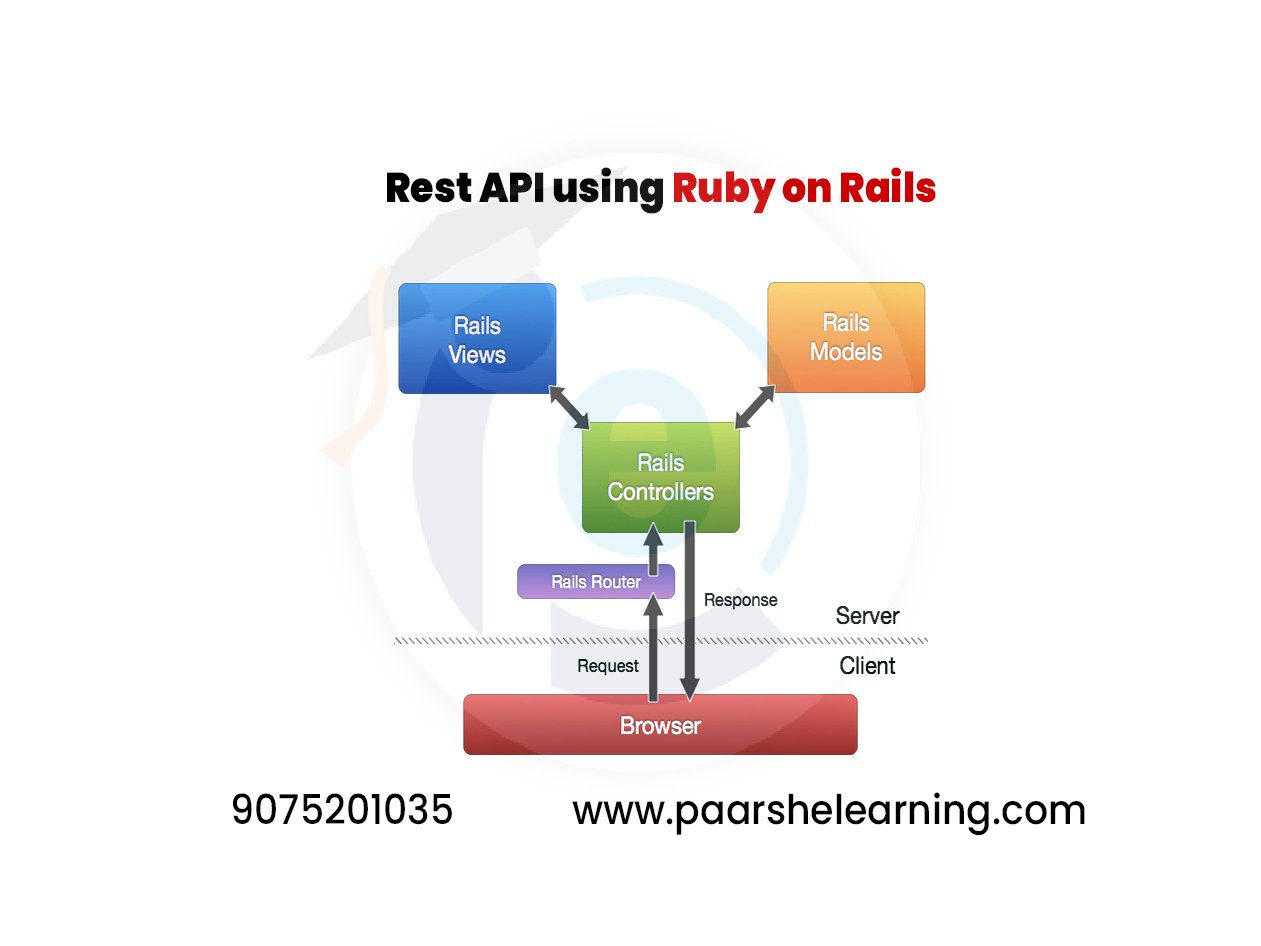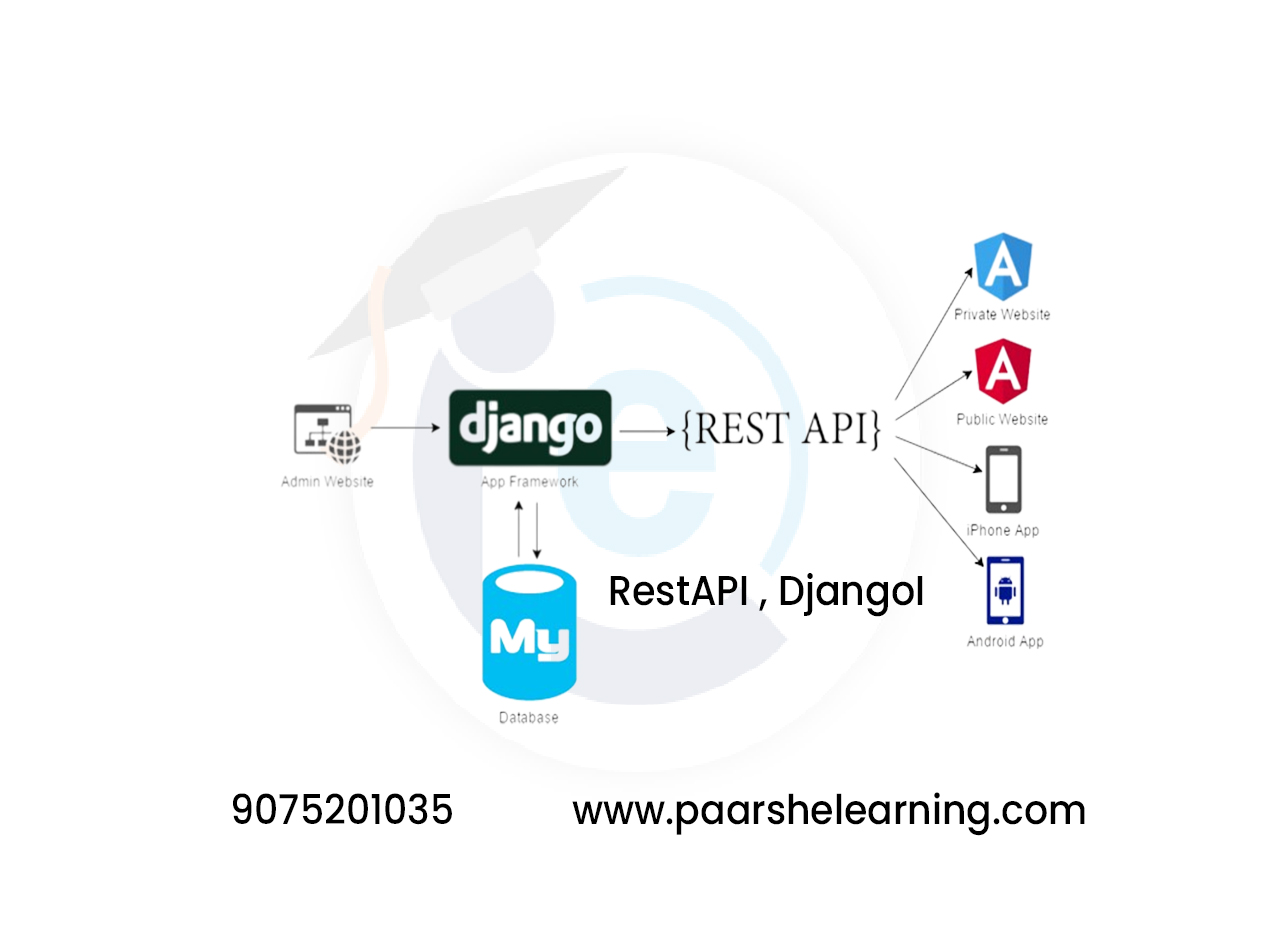- Introduction to RESTful APIs and Laravel: This module covers the basics of RESTful APIs and Laravel, including the benefits of using Laravel for building RESTful APIs.
- Setting up your development environment: In this module, you'll learn how to set up your development environment with Laravel and any other necessary tools.
- Building a basic RESTful API with Laravel: This module covers the fundamentals of building a RESTful API with Laravel, including creating routes, controllers, and responses.
- Database integration with Laravel's Eloquent ORM: In this module, you'll learn how to integrate a database into your Laravel API using the Eloquent ORM.
- Implementing authentication and authorization with Laravel Passport: This module covers how to implement authentication and authorization in your Laravel API using Laravel Passport.
- Deploying your API to a production environment: This module covers how to deploy your Laravel API to a production environment.
RestAPI using PHP Laravel
Course description
The course covers essential topics such as database integration, authentication and authorization, testing, and deployment. By the end of the course, you'll have the skills and knowledge to build and deploy your own Laravel-based RESTful APIs.
Specifically, the course covers the following topics:
- Introduction to RESTful APIs and Laravel
- Setting up your development environment
- Building a basic RESTful API with Laravel
- Database integration with Laravel's Eloquent ORM
- Implementing authentication and authorization with Laravel Passport
- Testing your API with PHPUnit
- Deploying your API to a production environment
To take this course, you should have a basic understanding of PHP and web development concepts such as HTTP requests and responses, web frameworks, and databases. Familiarity with Laravel is helpful but not required.
What you will learn from this course?
This course includes!
- Daily Live session
- A recorded session with problem-solving material
- A recorded session with problem-solving material
- A recorded session with problem-solving material
- Recommendation Letter
- 100% Job Placements
This course is for
- This course is for anyone who wants to learn how to build RESTful APIs using PHP Laravel.
- It is suitable for beginners with some knowledge of PHP and web development, as well as experienced developers who want to learn how to use Laravel specifically for building RESTful APIs.
- The course is also suitable for developers who want to refresh their skills or learn new techniques for building RESTful APIs.
Prerequisites for this course
- PHP fundamentals such as variables, functions, and control structures.
- PHP fundamentals such as variables, functions, and control structures.
- Familiarity with RESTful API concepts such as HTTP methods, request/response structure, and JSON.
- Familiarity with RESTful API concepts such as HTTP methods, request/response structure, and JSON.
Restapi Using Php Laravel Syllabus
-
Introduction To Restful Apis And Laravel
Overview of RESTful APIs and their significance Introduction to Laravel framework and its features Setting up a development environment (PHP, Laravel, Composer)
-
Building The Api Foundation With Laravel
Understanding REST architecture and principles Creating a new Laravel project and setting up routes Implementing basic CRUD operations using Laravel controllers Handling requests and sending responses using Laravel
-
Serialization And Data Validation
Introduction to serialization and its importance in APIs Using Laravel's Eloquent models for database interaction Serializing data using Laravel's built-in serialization tools Validating incoming data using Laravel's validation rules
-
Handling Get Requests And Data Retrieval
Designing API endpoints for retrieving data Implementing GET methods for single and multiple resources Using Eloquent queries to fetch data from the database Sending JSON responses with serialized data
-
Handling Post And Put Requests For Data Modification
Setting up API routes for creating and updating resources Implementing POST and PUT methods for data modification Validating incoming data using Laravel's validation Sending appropriate HTTP responses for success and error
-
Handling Delete Requests And Data Deletion
Designing API routes for deleting resources Implementing DELETE methods for resource deletion Handling requests with URL parameters and route variables Sending appropriate HTTP responses for deletions
-
Authentication And Security
Introduction to authentication methods in Laravel Implementing token-based authentication using JWT (JSON Web Tokens) Securing API endpoints and protecting sensitive data Applying middleware to restrict access to certain routes
-
Error Handling And Exception Management
Implementing consistent error handling in the API Creating custom exception classes for different scenarios Using Laravel's exception handling to manage errors Sending appropriate error responses with details
-
Testing And Debugging
Introduction to testing methodologies (unit tests, feature tests) Writing tests for API endpoints using PHPUnit Testing API routes, controllers, and functionality Debugging common API issues and errors
-
Documentation And Api Exploration
Generating API documentation using tools like Laravel API documentation Documenting API endpoints, request parameters, and responses Reviewing best practices for designing RESTful APIs Analyzing real-world API examples and case studies
-
Advanced Topics And Optimization
Implementing advanced features (pagination, filtering, authentication) Optimizing API performance using caching mechanisms Integrating frontend frameworks (React, Angular) with Laravel APIs Performance optimization techniques for Laravel applications
-
Final Project And Deployment
Developing a comprehensive RESTful API using Laravel Customizing design, functionality, and endpoints Finalizing API documentation and testing Deploying the Laravel API to a hosting platform (Heroku, AWS, etc.)
-
Paarsh E-Learning encourages hands-on practice, assignments, and projects throughout the course to reinforce students' understanding of building RESTful APIs using Laravel. Assign practical exercises that involve creating endpoints, handling different types of requests, and implementing authentication and validation. Cover both theoretical concepts and practical applications to provide a well-rounded learning experience.
